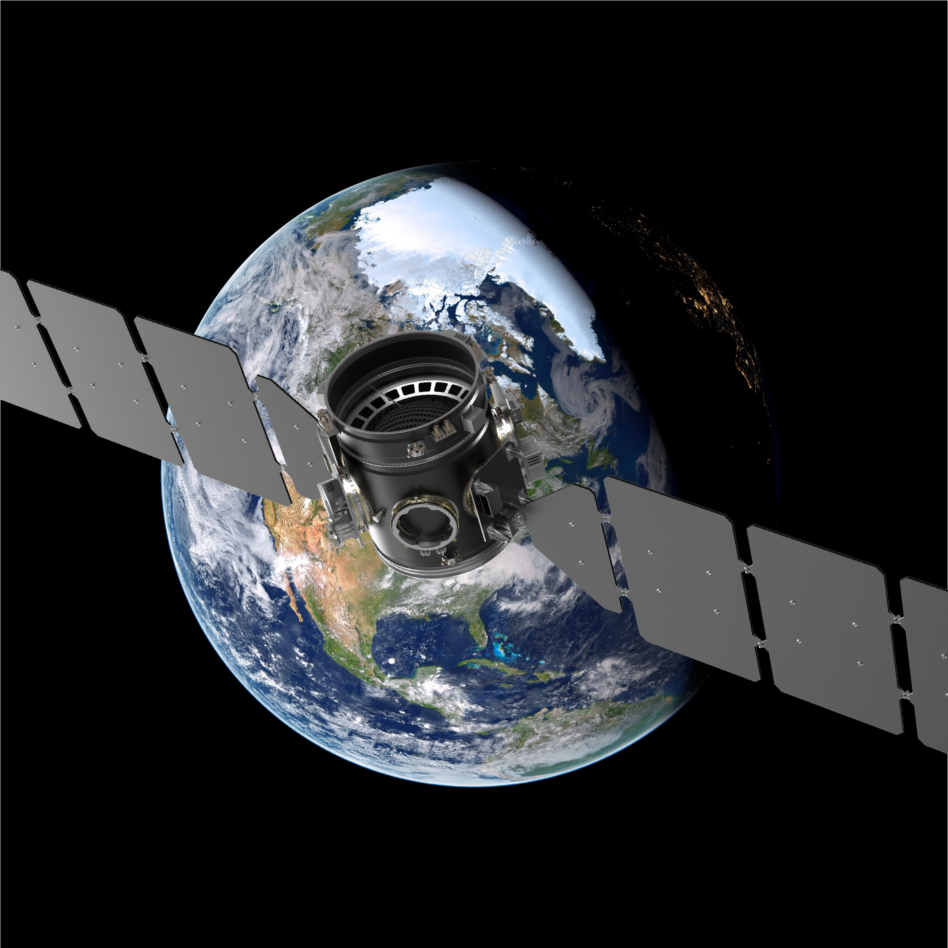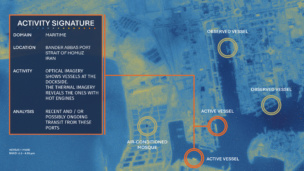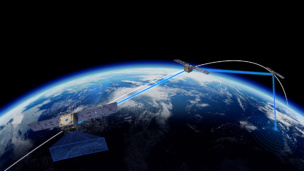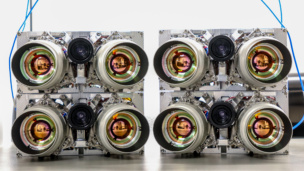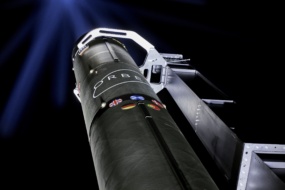Italian space logistics firm D-Orbit is working with satcom provider Eutelsat on an ESA-funded geostationary satellite servicing mission set to launch in 2028, the companies announced yesterday.
More details: In the mission, called RISE, a servicing vehicle built by D-Orbit will attach to one of Eutelsat’s geostationary satellites to hone the tech for in-orbit repair, relocation, attitude control, and end-of-life disposal. The demo is expected to be a first step toward D-Orbit launching a commercial satellite life extension service toward the end of this decade.
Eutelsat and D-Orbit are heralding their pairing as Europe’s first satellite life extension service and hope it will pave the way for a more sustainable use of the geostationary region in the future.
“Eutelsat has a long heritage in completing GEO satellite end-of-mission operations in line with national and international best practices for responsible management of the space environment,” Arlen Kassighian, Eutelsat Group chief engineering officer said in a statement.
“We welcome this opportunity to participate in the RISE mission with D-Orbit, which will demonstrate an additional option for us to successfully manage End-of-Life activities in line with our commercial needs and our regulatory obligations.”
In the neighborhood: At 22,200 miles above Earth, geostationary orbit offers a unique location where satellites stay above a fixed spot on Earth, providing constant views of large swaths of the globe. As a result, it’s home to many telecommunication, weather forecasting, and spy satellites. The servicer technology tested during the RISE mission will enable extending the lifetime of these large (and expensive) assets, but also keep the region clean from orbital clutter.
ESA in the lead: The RISE mission received €119M ($130M) from ESA last year, with D-Orbit raising an additional €150M ($163.9M) to develop the servicing vehicle.
The project is part of ESA’s Space Safety program and supported by the Italian government through the Italian Space Agency.
